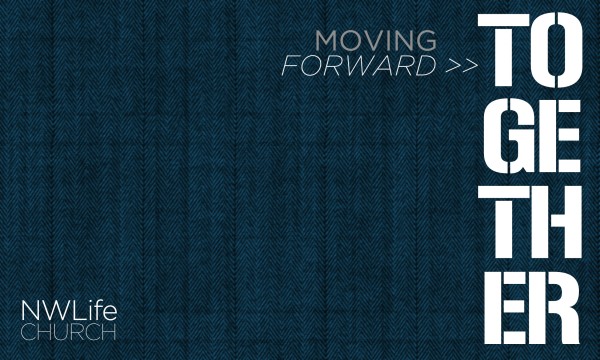The concert hall was bustling with warm, pre-performance hubbub before the announcer spoke. “Ladies and gentlemen, kindly take your seats now; this evening’s performance will begin in two minutes.”
People glanced at their tickets and hurried to find their rows. They edged their way down the narrow line of seats to find, at last, their allotted places.
Miracles often come without warning or fanfare, and this was no exception. There was no hint that they would all be on the threshold of an experience that they would never forget—a moment to celebrate decades later.
The purposeful din of the orchestra’s tuning faded and the lights dimmed, hushing a thousand conversations. The audience was eager for the concert to begin, ready to savor the talents of Itzhak Perlman, arguably the world’s greatest violinist.
Perlman is usually the last person to take his place on stage, for though his fingers are staggeringly nimble, his legs don’t work nearly as well. He was struck with polio when he was just twelve, and now he struggles across the huge platform to take his seat, his stumbling, ungainly walk aided by crutches and leg braces.
At last, he sat down, removed both braces from his legs, and placed his violin beneath his chin. He was ready—and in more ways than one. Perlman’s brilliance is no fluke. He practices for nine hours daily. And for forty-five minutes before every concert, he is alone in his dressing room, with two security guards at the locked door. They have explicit instructions to let no one in under any circumstances. “Mr. Perlman has finished practicing. Now he is praying. Do not disturb.”
And pray he must. The concerto is considered one of the most important and difficult works in the violin repertoire. Its technical demands on the soloist are huge. Brahm’s Violin Concerto in D Major is simply “unplayable” according to one virtuoso. That miracle night, Perlman was set to perform this extraordinarily challenging piece that would last over six minutes.
A few seconds into the solo, the sound of a string breaking on Perlman’s violin ricocheted around the hall. The unwelcome twang was an uncouth intruder among a myriad of perfect notes. The orchestra immediately stopped playing, their music tapering off chaotically. The crowd gasped. Protocol permits a musician to call for a pause, allowing time for them to hurry off stage to replace the string. It’s quite impossible to play a complicated violin concerto a string short.
Impossible, that is, unless your name is Perlman. With a wave he signaled the orchestra to continue. And then the unthinkable happened.
Instantaneously transposing the music for three strings instead of four, Perlman delivered the piece flawlessly, his dancing fingers producing sounds of unprecedented purity and passion. Six minutes later, spent and soaked in sweat, he lowered his violin. The crowd sat in stunned silence for eight seconds. And then they rose as one to their feet, a wall of wild cheering and thunderous applause. The orchestra joined in, banging their instruments in homage and shouting themselves hoarse. Perlman called for a microphone, motioned for silence, and then the man with two busted legs and one busted string spoke:
“All my life, it has been my mission to make music from that which remains.”
His brilliance was expressed through something broken. The shattered string, which could have stopped the music, only served to accentuate Perlman’s staggering talent. Greater glory came because the melody-maker used a temporarily useless instrument.
And that is precisely what God has always done with us, creating beautiful music through broken people. How desperately the world needs to hear the charming sound that is grace. There’s no shortage of harsh noise on this planet, but rather a famine of real music.
There is yet beautiful music to be heard in the universe. God longs for the joyous melody of his love to be heard, true music to the ear for those who have ears to hear it.
Though all of us need to hear this song, prodigals desperately need to hear it.
The prodigal-friendly church will be one with a compassionate heart that weeps for the prodigals. It will be a brave people willing to be instruments for music that is “unplayable”—unless the Lord plays it through them.
Most of all, it will be a church filled with ordinary, “three-stringed” people. Not a Stradivarius in sight, for God only uses the ordinary; nothing else is available. Tarnished trumpets. Big, fat double basses, varnish scratched, a tuning peg or two out of line. Strings encased in rust, brittle to the touch. A dented timpani that “boings” when a “bong” is expected. A flute that squeaks and drips spit. Cymbals that sometimes “zing” rather than “clang”.
He uses what he has, what remains. That would be us.
Through this motley assortment of dusty, junk shop castoffs, our God, the ultimate composer and musician, can transpose the music once more.
If you are a follower of Jesus, your place is not in the audience, waiting for someone else to play: the prodigal-friendly church will not come about because some leaders and pastors decide that it should be so. Rather, as each of us offer ourselves afresh as part of the orchestra, the dream of harmonious music making becomes a reality.
—from Creating A Prodigal-Friendly Church, by Jeff Lucas.



